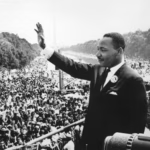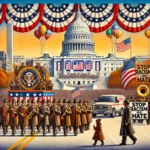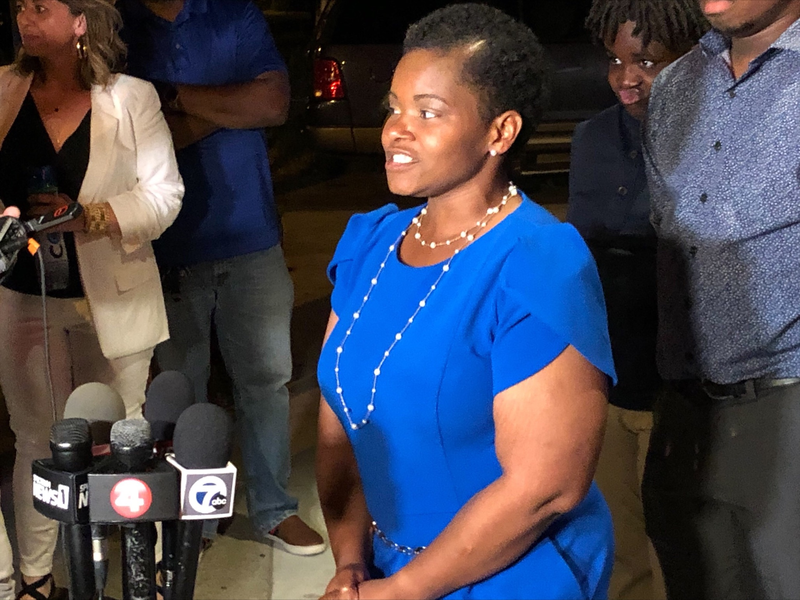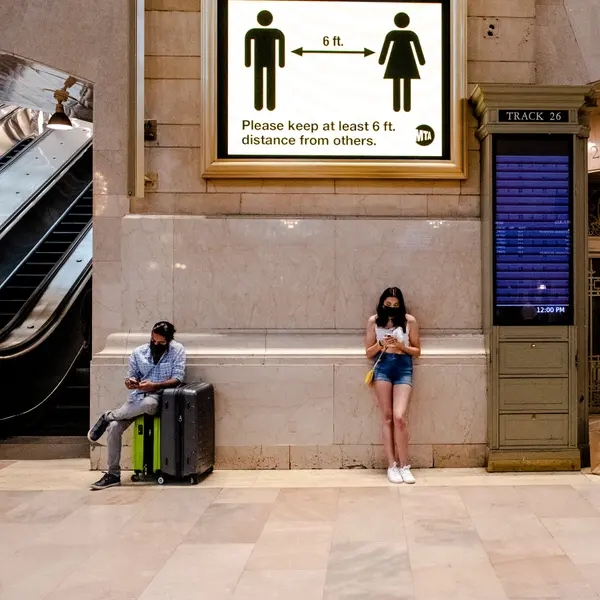JUNETEENTH: A TIME OF CELEBRATION & REMEMBRANCE
BY HENRY-LOUIS TAYLOR, JR.
Understanding Juneteenth in the black imaginary requires placing the slave industry in a historical context anchored by four realities. The first reality poses a question, “if slavery was so evil, then why did it last so long?” Planters called cotton–King Cotton–because of the enormous profits it made. It was the raw material that produced the textile industry and catalyzed the industrial revolution. Without cotton and slavery, the United States, as we know it, could not exist.
The second reality is that slave trading, and the making of a slave was a brutal, and inhumane process. From two to six million blacks died on that horrid journey from Africa to the Americas —in the holes of tiny slave ships. Then, whites erased their history, religion, cosmology, language, and took their names—renaming them after their owners.
The third reality is about 200,000 African Americans fought for their freedom in the Civil War, with some 40,000 dying and 25 winning the Congressional Medal of Honor. Blacks were the American patriots, whose bravery on the battlefields and insurrections on the plantations turned the tide and gave victory to the North over the South. This was a bloody war, the bloodiest in U.S. history. More than 620,000 people died–that more than in all the other American wars combined.
And the Union Army could not have won without black soldiers.
This brings us to the fourth reality—the Great Betrayal. The confederate traitors tried to destroy the United States, and in the process, they launched a reckless war that killed thousands. Yet, when the conflict was over, the U.S. government left the black patriots poor, landless, and powerless, by returning the land, wealth, and power to the confederate traitors. The United States then allowed these traitors to establish a new system of oppression and exploitation based on debt peonage, share-cropping, and tenant farming. Also, they permitted them to develop a brutal system of policing to control blacks, which included chain-gangs and extra-legal violence, consisting of lynching and Ku Klux Klan terrorism. Thus, the contemporary challenges facing African Americans do not stem from slavery, but, instead, they are the results of the Great Betrayal, and the lies and broken promises that followed it.
This brings us back to Juneteenth. Lincoln signed the Emancipation Proclamation on January 1, 1863, which legally ended slavery in the Confederacy, but not in the Northern states. However, news travelled slowly in the Trans-Mississippi Region, and the blacks in Texas never got the message. Meanwhile, the war waged on for the next two years, and on April 9, 1865, General Robert E. Lee surrendered at Appomattox, Virginia, thereby ending the Civil War. However, straggling bands of confederates fought on, and Major General Gordon Granger did not reach Galveston, Texas until June 19, 1865, where he issued General Order, Number 5, which advised blacks that they were no longer slaves: the slave system had been abolished and 246 years of bondage was over.
And that day established the basis for a holiday, Juneteenth = ”June” + “Nineteenth.” And on that day we celebrate the ending of slavery, we remember the Great Betrayal, and we rededicate ourselves to the struggle “to Get Free.“
Author Profile
Latest entries
 Henry Louis Taylor, Jr.01/20/2025Reflections on Martin Luther King, Jr.’s Dream
Henry Louis Taylor, Jr.01/20/2025Reflections on Martin Luther King, Jr.’s Dream Henry Louis Taylor, Jr.01/09/2025The Trump Inaugural Parade is a Political Event
Henry Louis Taylor, Jr.01/09/2025The Trump Inaugural Parade is a Political Event Henry Louis Taylor, Jr.05/04/2024The Occupation of Hayes Hall: Student Rebellions and Remaking the U.S. UniversityThe Occupation of Hayes Hall
Henry Louis Taylor, Jr.05/04/2024The Occupation of Hayes Hall: Student Rebellions and Remaking the U.S. UniversityThe Occupation of Hayes Hall Henry Louis Taylor, Jr.03/21/2024Ryan’s infill housing strategy is the right plan for Buffalo
Henry Louis Taylor, Jr.03/21/2024Ryan’s infill housing strategy is the right plan for Buffalo



